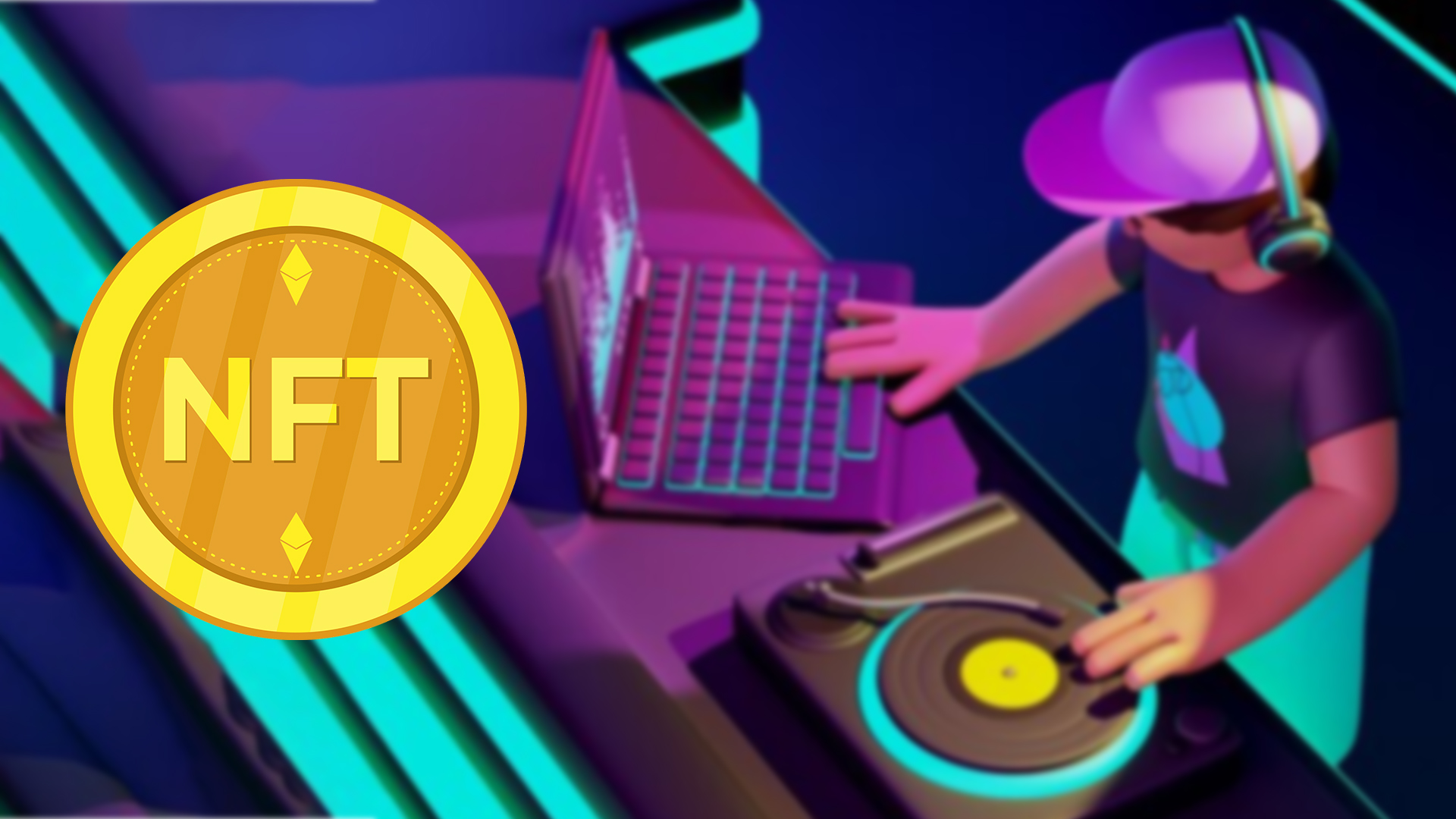
NFTs Revolutionizing the Music Industry and Music Ownership
- NFT is a non-fungible token and a form of asset that is tokenized via blockchain.
- These blockchain-based tokens are transforming the music industry.
- Artists can tokenize their music-related work.
NFTs are revolutionizing the music industry in different ways, as music NFTs are becoming creative assets and giving fair compensation to artists. There are many benefits of music NFTs, such as royalty payment, transparency, content limitations, etc.
What Are NFTs?
NFT stands for Non-Fungible Token. These are assets that are tokenized via the blockchain. These are distinguished from other tokens by their unique identification codes and metadata. These are exchanged and traded for cryptocurrencies, money, or other NFTs.
Cryptocurrency is also a form of token but the key difference between NFTs and cryptocurrencies is that cryptocurrencies from the same blockchain are interchangeable but two NFTs from the same blockchain, in spite of being identical, cannot be interchanged. These can be anything from sports highlights and collectibles like art to computer-generated avatars.
The value of NFT is completely dependent on the demand for it. Certain gaming avatars or artwork have sold for millions but lost their value with time. Hence, not every NFT is appreciable in value. NFTs either have a fixed selling price or there is a need to bid for them in an auction.
The Impact of NFTs on Music
NFTs are the most impactful and practical implementations of blockchain technology. These blockchain-based tokens are transforming the music industry in several ways, such as:
- Music NFTs as Creative Assets: NFTs enable musicians to create, sell, and share their music work innovatively and uniquely. Artists can tokenize individual music videos, tracks, and entire albums and allow fans to own a piece of their favorite artist’s work. NFTs can also serve as tickets to concerts, exclusive incentives, merchandise, and new revenue streams for musicians.
- Fair Compensation for Artists: Artists can earn higher royalties and retain control over their creations by tokenizing their music. Ownership rights are securely stored and cannot be manipulated because of the immutable nature of blockchain. Artists receive the compensation they deserve.
The potential of NFTs in the music industry becomes evident and hence, various types of music-related NFTs are emerging. For example, songs and music albums as NFTs, ticket NFTs, digital art related to music, autograph NFTs, and video NFTs.
The music NFTs enable the transfer of music ownership from corporations to individuals and give artists more control over their compositions. Artists can retain creative independence and still work with record labels for various business needs.
The benefits of music NFTs for musicians are royalty payments, transparency, content limitations, security, and a distinct ecosystem.
There are three steps to creating a music NFT. First, get a wallet and the most common is MetaMask, which is a Chrome extension that connects to websites that work with Ethereum. Then choose a platform where we can mint NFTs in a few different places, including Open Sea and Rarible. Connect the wallet to the chosen platform and create an account.
Conclusion
Music NFT marketplace has the ability to bring music artists and audiences to the mainstream through NFTs. Many businesses started to become early adopters of this trend due to their strong capabilities and audience interest in music.
